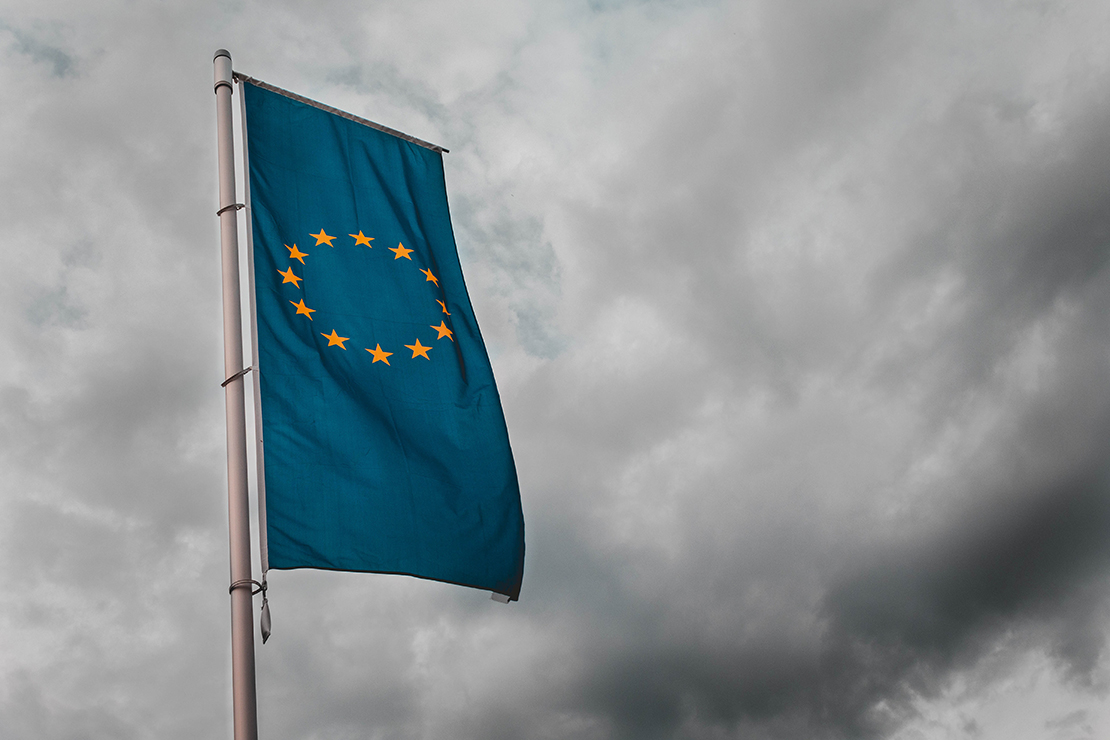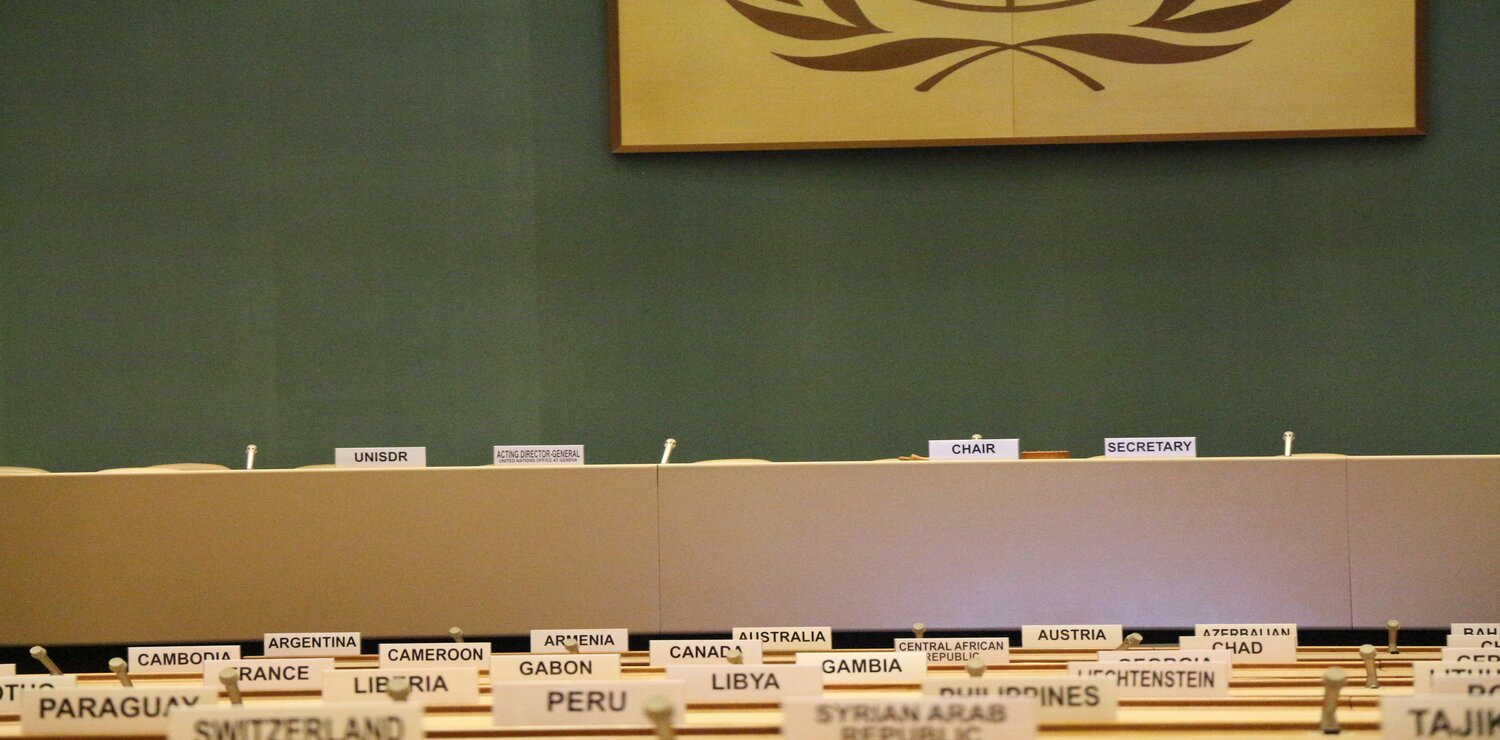Authors

Mehdi Sejdiu
Political parties, Migration, European integration, Public Policy, Foreign PolicyOn the 4th of September 2020, President Trump hosted a signing ceremony in the oval house between Kosovo and Serbia. The signed an agreement included a wide range of different policy issues ranging from infrastructural and economic to projects, to some foreign policy issues related more to the Middle East and US foreign policy than Kosovo and Serbia relations. One of the points of the agreement was the one-year moratorium where Kosovo pledged to stop seeking membership in international organizations and Serbia pledged to stop the de-recognition campaign.
The recognitions, derecognitions and membership in international organizations have been a diplomatic battlefield between the MFAs of both countries since Kosovo declared its independence in 2008. To explain what this one-year truce means it is important to review the developments of both Kosovo’s membership process in international organizations and Serbia’s derecognition campaign where.
Recognitions and membership in international organizations in Kosovo
After the declaration of independence Kosovo with the support of its international allies secured more than a hundred recognitions, and memberships in several international institutions. When Kosovo declared its independence in 2008, by the end of the same year it was recognized by 51 countries, Kosovo continued to receive an average of 9 recognitions annually until 2013. In the subsequent years it would receive only one recognition per year. Similar to picking fruit, in the first years with the support of its international allies Kosovo managed to secure the easier recognitions or the low-hanging fruits, but as time passed the high-hanging recognitions became more difficult to reach. In 2014 the emphasis shifted away from pursuing international recognitions, to membership in international organizations and UN special agencies.
Kosovo has successfully joined several international institutions such as World Bank, IMF, EBRD, and sport organizations such as the International Olympic Committee and FIFA. In the recent years it also experienced obstacles in entering new organizations. For instance Kosovo’s bid to join UNESCO in 2015 failed for 3 votes, and even though Kosovo politicians announced re-applying to UNESCO they have not done so, due to the failure of ensuring the necessary votes. The 2018 application bid for INTERPOL also failed, and in 2019 Kosovo withdrew its application to join INTERPOL. The latest INTERPOL failed bid of November 2018, prompted the Haradinaj government to put a 100% tax on Serbian goods as a response for their derecognition campaign.
The Derecognition campaign
The first derecognition of Kosovo came from Suriname in 2017 and since then there are 15 withdrawn recognitions (Serbia claims that 18). The number of recognitions of Kosovo currently stands at 98 (after the recognition of Israel), which means that now Kosovo is recognized by less than half of the UN members. The considerable number of derecognitions make it hard for Kosovo to join international organizations, given that membership requires a 2/3 majority, moreover Kosovo’s weakening position is used by Serbia to enhance its bargaining power in the EU-lead dialogue vis-à-vis Kosovo.
The derecognition campaign of Serbia was marred by corruption and Serbia often counted as derecognitions declarations of officials without receiving a formal act of derecognition, is counted by the Serbia’s MFA as a derecognition. This led to confusing situations where countries like Guinea Bissau informed Kosovo in November 2017 that it withdrew its recognition and then, in February 2018 it stated that the note verbale had no effect. Similarly, in 2018 a note from Liberia’s foreign minister was published annulling the letter of recognition of Kosovo, but only a few days later the Liberian MFA stated that the recognition was not revoked.
Nevertheless, the derecognition campaign effectively blocked Kosovo to join international organizations. In the other side the Kosovar diplomacy was unprepared for the derecognition campaign and did little to counter losing 15 recognitions in three years. Initially when the derecognition started the MFA was led by Behxhet Pacolli who instead of countering the diplomatic efforts of Serbia, said that “derecognitions do not exist in international law”. The international allies of Kosovo remained largely silent to the weakening of Kosovo’s position in the international arena. In the other hand Kosovo’s Ministry of Foreign Affairs has often been given to smaller parties in coalition negotiations. Diplomatic missions have been a subject to ongoing clientelism by ruling coalition and accommodating party and family members in diplomatic missions have certainly not helped in countering the aggressive derecognition campaign.
Countering derecognitions with tariffs and reciprocity
To counter the derecognition campaign, the Haradinaj government after the failure to join INTERPOL put a 100% tax on Serbian and Bosnian goods coming to Kosovo. The tax was not a well-calculated policy, the Haradinaj government made the decision on a whim, without prior accordance with the EU and the US, which opposed the tax. The tax did not have any economic rationale either, according to GAP there was a slight but not significant increase in the manufacturing sector of Kosovo, the trade deficit grew larger and the same goods were merely imported from other countries, making countries like Slovenia, Israel and Turkey the greatest beneficiaries of the 100% tax. The tax however led to Serbia refusing to take part in the Dialogue with Kosovo effectively stalling from November 2018.
Upon winning the elections and forming a government Kurti replaced the tax with economic reciprocity. This policy came at a time when the United States was pushing for a deal between Kosovo and Serbia. The economic reciprocity led to divisions between the coalition partners LVV and LDK, and ultimately a no-confidence vote against the Kurti government.
One of the first decisions of the new Hoti government was to drop the economic reciprocity, but it also declared that it will be not seeking further membership in international organizations and the Serbian government in turn would stop its derecognition campaign, in September this decision was formalized as part of the agreement with a one-year moratorium.
What the moratorium means?
In its government program the Hoti government planned to seek membership to INTERPOL, specialized UN agencies, WHO, ITU, UPU, FAO, ILO and Council of Europe. But only three months into their mandate it signed a one-year moratorium to not seek any membership in these organizations. Kosovo’s foreign policy has been in a steady decline since 2017, some of its failures include: 15 derecognitions and no new recognitions the total number of recognitions falling to 98, as well as failures to join UNESCO and INTERPOL and other new international organizations. With the rate of derecognitions and the 2/3 majority it needs to join certain international organizations Kosovo will have problems joining with or without the moratorium. The only actual policy response against the derecognition campaign of Serbia has been the 100% tax of the Haradinaj government and the economic reciprocity of the Kurti government, both of which were dropped by Hoti. Essentially the Hoti government dropped the economic reciprocity and pledged to not seek membership in international organizations. By doing this the Kosovo government added another foreign policy failure in its resume. The moratorium is a concession, it is against LDKs party and government program, against article 17 of Kosovo’s constitution and against its pursuit to become a member of the international society. At this rate with the recognitions being withdrawn, no new memberships in sight, one has to ask the question, whether Kosovo is in a good position to negotiate a final agreement right now?
Tit for Tat? Kosovo stops seeking membership in international organizations vs. Serbia stops the derecognition campaign

 Download PDF
06/10/2020
Download PDF
06/10/2020Share article
Related Espresso Insights
March 4, 2024
Espresso.Insights
Passport Hangover: What’s next after Spain’s Kosovo breakthrough?

January 16, 2023
Espresso.Insights
Recognized but not supported: Hungary's stance on Kosovo's EU bid

Latest Publications
April 24, 2024
Policy Analysis
Tracking Kosovo's Commitment: Monitoring Adherence to the Venice Commission Rule of Law Checklist in ...
April 8, 2024
Policy Analysis
Reflecting on the Third Year of Kurti II: Setbacks and Achievements in Rule of Law, Public Administr ...
March 22, 2024
Policy Analysis




